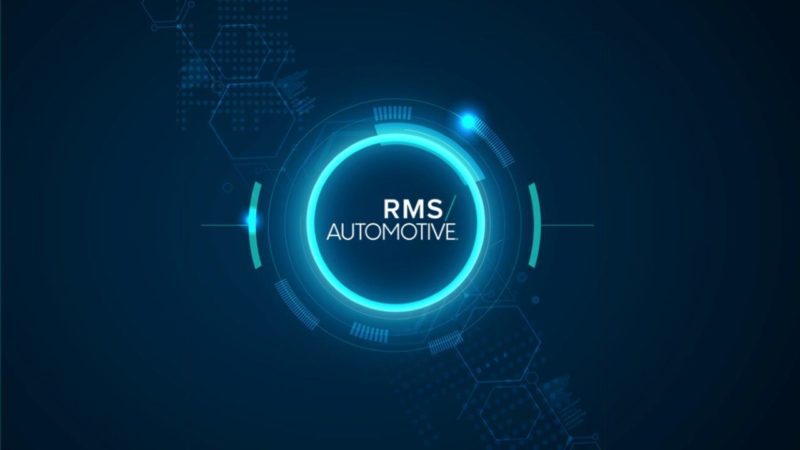
By Sebastian Fuchs, Managing Director Manheim and RMS Automotive Continental Europe.
The world is changing rapidly these days; a 16-year-old is motivating millions of people in the world to unite on Fridays to demonstrate for the climate; the automotive industry is seeing partnerships rally, be it between BMW and Mercedes or VW and Ford, with many other discussions taking place.
The way we buy transport is changing at a pace that has never been seen before and the space of mobility providers is being claimed by OEMs, Lease and Rental businesses alike, one is almost reminded of the gold rush era. Yet the investment seems enormous and the payout is far in the future. Uber, probably the biggest mobility provider in the world with 91 million users, claimed before its IPO that it might never even see profits.
Battery prices are predicted to decrease by multiple amounts and the OEMs are being forced to bring down emissions in Europe within the next two years to avoid heavy fines. Tesla, the pioneer in electric cars, seemed in a great position from the outset, yet the company is struggling financially, and increasing competition is putting pressure on their market, which will further oblige them to enter the competition.
The heroic call to raise car prices imminently, as all cars will be fully autonomous and hence able to provide much greater value to their owners, seems like a shift away from the the competition, which feels unlikely to be successful.
The main reasons for this are the lawmakers and technical readiness of the product. On a sunny day at noon today’s cars already work quite well, but let the sun set, a rain shower arrive, or snow come down and quickly today’s sensors shut down to hand control back to the driver. The lawmakers will demand extensive research and measures put in place to avoid fatalities – this is not a process of a few months. Technically there is also only one country in the world 5G ready, and the technology is considered pivotal to enable fast enough communication for driverless cars.
So, let’s look at what is on the horizon!
All manufacturers connecting their cars will soon have access to service and usage of the cars (assuming they have consent from the user). The selling of subscription is a trend pushed by OEMS, but Rental and Leasing are already a kind of subscription. So, fleets will become more commonplace and operations will be consolidated and further optimized.
In general, Europe, China and the United States have ageing populations – this will further drive delivery services and the need for remote services. The younger generation is entering a world where a mobile device is more important than an owned car.
Bringing all this together, the need for a connected car remarketing platform that contains all usage and service information available from the whole life of a car and is driven by market demands is what you would desire if you had to maximise the value and utilization of your fleet. Remarketing could become so much more transparent if the usage data and maintenance records could be stored in a central database. While data legislation will bar a European solution, this leaves individual companies to do their homework to stay ahead of the game.
Maybe the future world requires a more dedicated discussion around data protection and finer definitions than today to form a new standard on what data is to be held as personal and what is public interest.

